Everyday Actions and Wins Keep Hope Alive
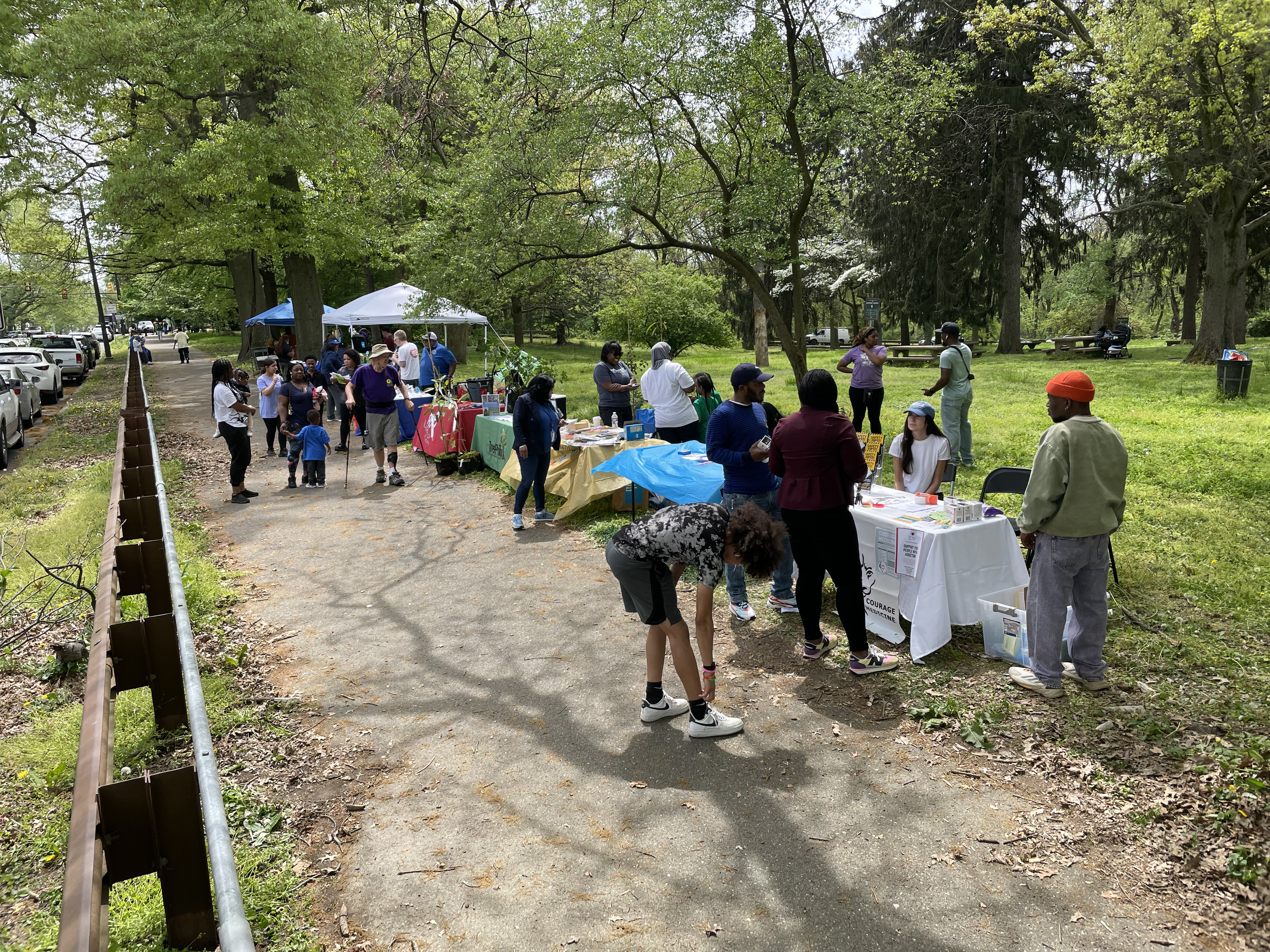
As public interest lawyers, people often ask us: “What can I do to help be part of the change?” We are sometimes asked: “Is change really possible?” Our answer is YES, absolutely! If not, we would still be breathing toxic fumes from coal stoves. If our great grandmothers were lucky, they would get to listen to their husbands speak of who they were planning to vote for. Despite signs of progress, there are days when politicians seem to squander our better interests, judges push the legal pendulum back, and opposition stirs up anger and hostility. It can be hard to cope and maintain hope.
But any significant change begins small—much like anything else in nature. Sometimes, a simple conversation or a letter can open eyes and minds in surprising ways. For example, this past year, Clean Air Council and concerned residents opened a dialogue with Amtrak about its plans to convert the heating system in Philadelphia’s 30th Street Station from the Philadelphia steam loop to onsite methane gas-fired boilers. Gas is “greenwashed” by the oil and gas industry as “clean” energy.
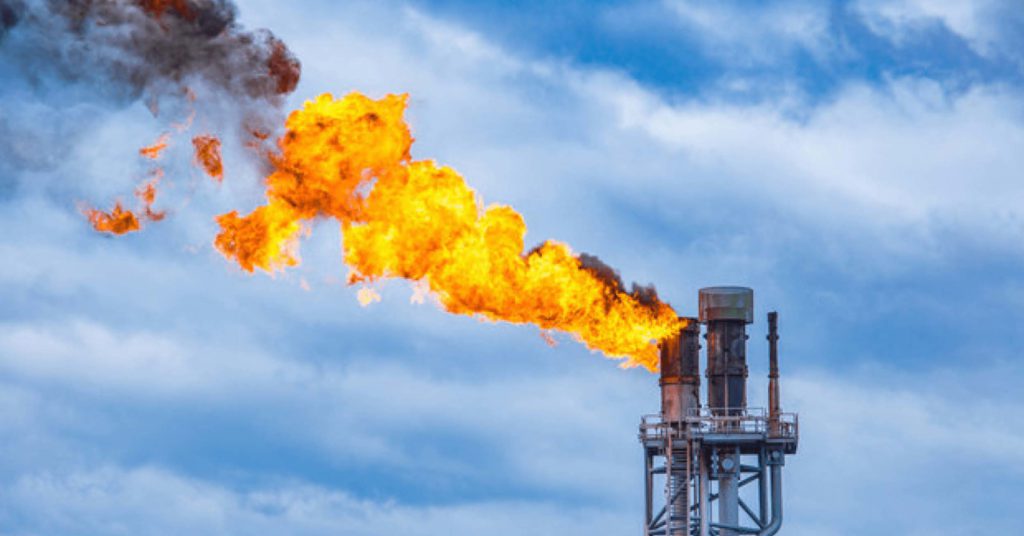
However, natural gas produces harmful carbon emissions, and from a climate perspective, some studies found that it is worse than coal. Disconcertingly, Amtrak’s plans to install a new gas-fired system would have locked 30th Street Station into a dirty energy system for decades to come. The steam loop is a centralized energy system that can more easily be cleaned up in the coming years. A dedicated gas boiler system cannot be cleaned up, and would instead poison the air that local residents, travelers, and workers breathe and contribute to the climate crisis. It would also frustrate local and federal efforts to aggressively decrease carbon emissions. Hearing the concerns that the Council and others raised, Amtrak opted to stay with the steam loop until a truly clean heating option is developed. This action protects public health, and its many effects will resonate and accumulate into powerful change.
Paying attention to local politics, and taking action whenever possible, is another way to amplify actions—especially at the municipal level. Clean Air Council’s Transportation Team advocates for safer local transportation policy in partnership with the Better Mobility Coalition, as well as improved access to parks where kids can learn nature literacy.
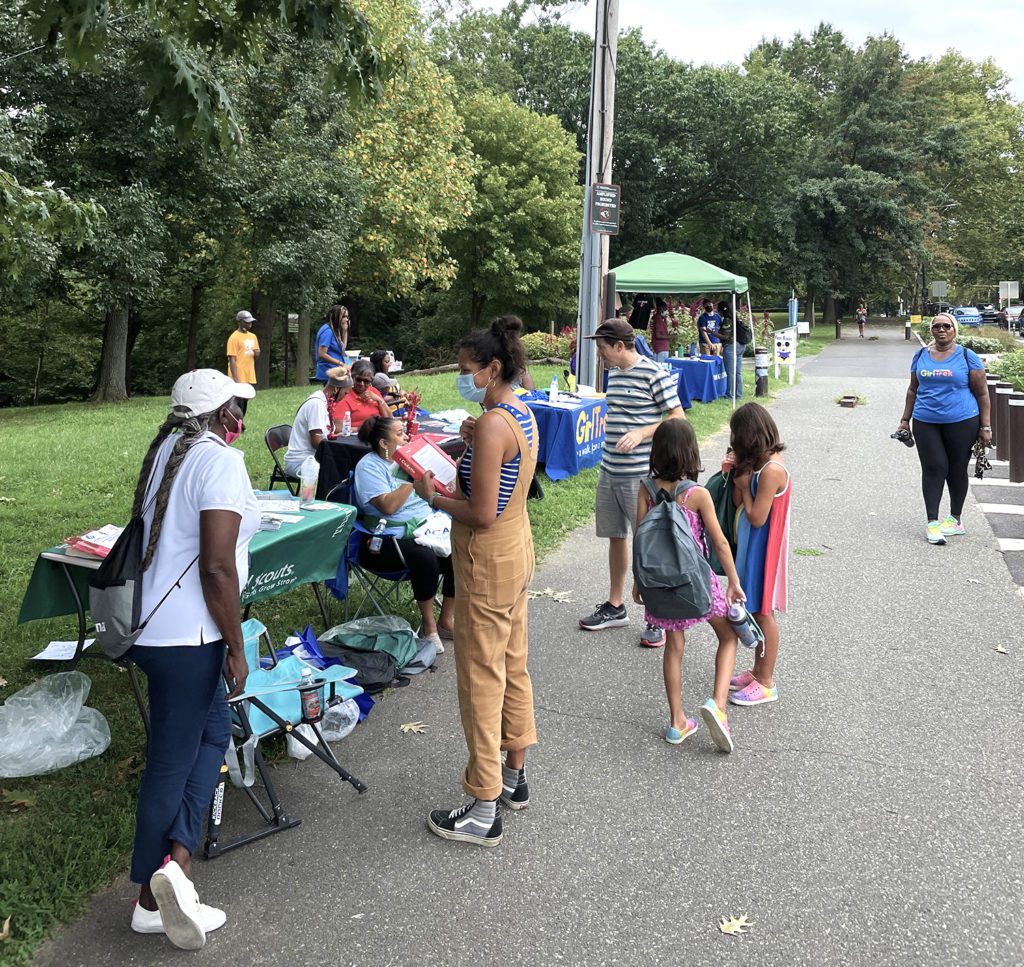
Also, this past spring, the Clean Air Council’s Legal and Advocacy Teams supported residents of Point Township, a rural area in North Central Pennsylvania, in their opposition to a building variance for the proposed $1.1 billion dollar facility, Encina Chemical “Recycling” Plant. The oil and gas industry uses the term “advanced recycling” to greenwash a process that neither recycles nor is advanced; it is essentially the burning of toxic plastics that releases toxins into local air and water like the Susquehanna River.
Since it flows all the way to the Chesapeake Bay, these toxins would likely impact the hundreds of millions of blue crabs that Maryland visitors eat each year. After Northumberland County residents objected, the local zoning board denied the extra 30-foot variance that Encina needed to construct a vital part of its facility. Encina then withdrew important water permits required to start construction. This gives hope that this hazardous plant may not come to fruition and that awareness is building about the toxic effects of reliance on plastics. None of this would have happened if the local residents of Point Township had not spoken up.
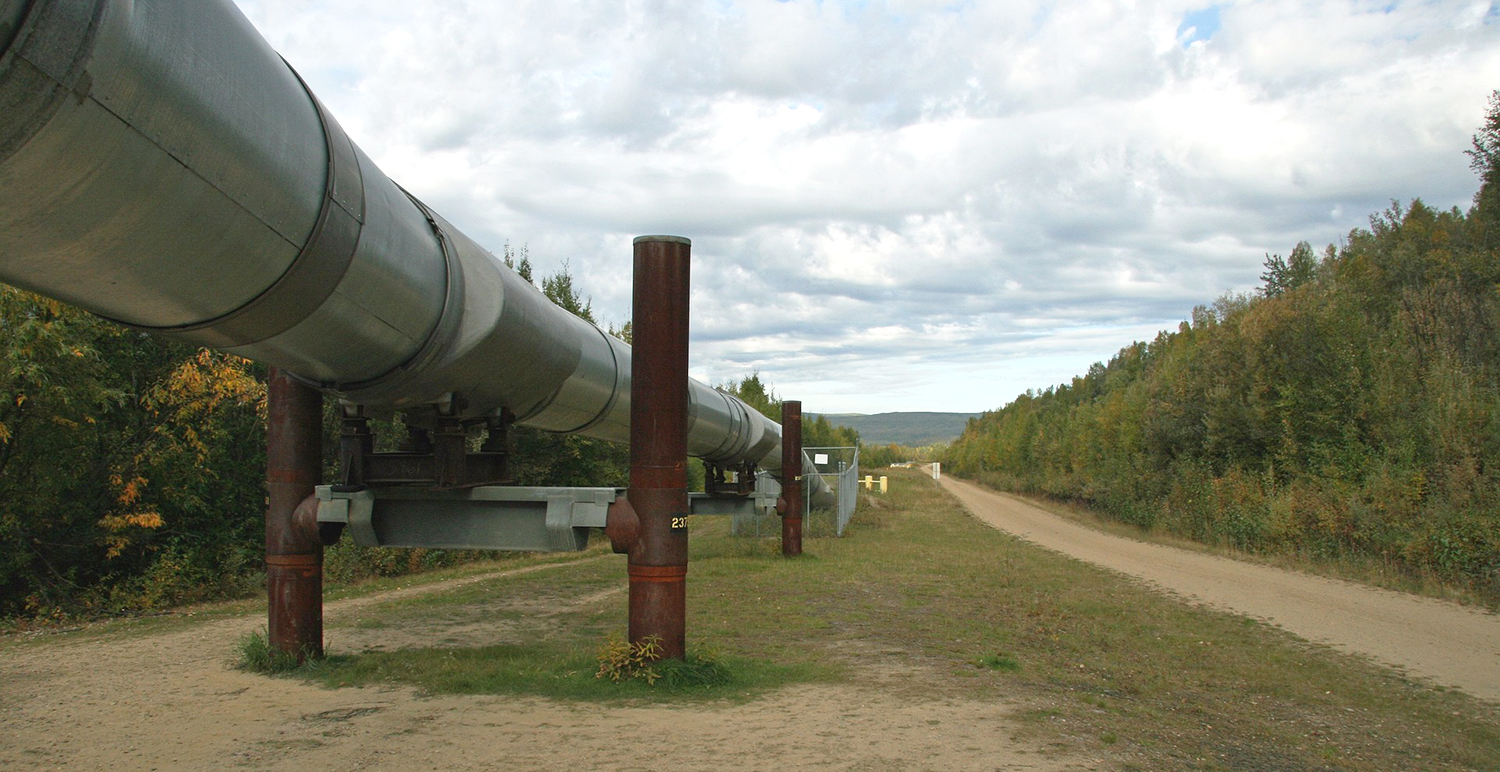
The fight to protect Pennsylvanians’ constitutional right to a safe and healthy environment is staggeringly hard. But everyday actions sometimes inspire great things. We are so inspired by people who start small then become community advocates. Representative Danielle Friel-Otten worked with the Clean Air Council to oppose the Mariner East 2 Pipeline, then decided to run for office, and won. Jess Conard, a mom and speech language pathologist turned fierce environmental advocate, joined the fight last year after a train passed through her backyard on fire then derailed in East Palestine, Ohio. Post-incident mismanagement turned what could have been a smaller spill into a disaster with effects as far away as New Hampshire. It continues to be a public health crisis in Jess’s community a year later.
So, what can you do to help be part of the change? Pick an issue that matters to you, and dig in. If it’s environmentalism, follow Clean Air Council on social media, become a member, and join our email list. Regardless of which issue matters to you:
- Follow your local elected officials so you can start to get a sense of what is happening locally.
- Never miss an election! Local elections are sometimes decided by less than a dozen votes.
- Attend and speak at your local municipal board meetings. Municipalities have enormous abilities to enforce pro-environment policies quickly, as opposed to state-level government. Municipalities can prohibit plastic bags and single-use utensils, permit solar or wind farms, and adjudge zoning and zoning variances to prevent polluting facilities from entering your township.
- Follow the organizations that strive to hold elected officials accountable, like Clean Air Action and Committee of 70.
- Join local civic groups. Find them via your local newspaper, library, or neighborhood social media pages.
- If you can’t find a group for the issue you want, start one. Once you have a few friends, a mission, and a plan, you might even be able to get funding from your local government or related nonprofits.
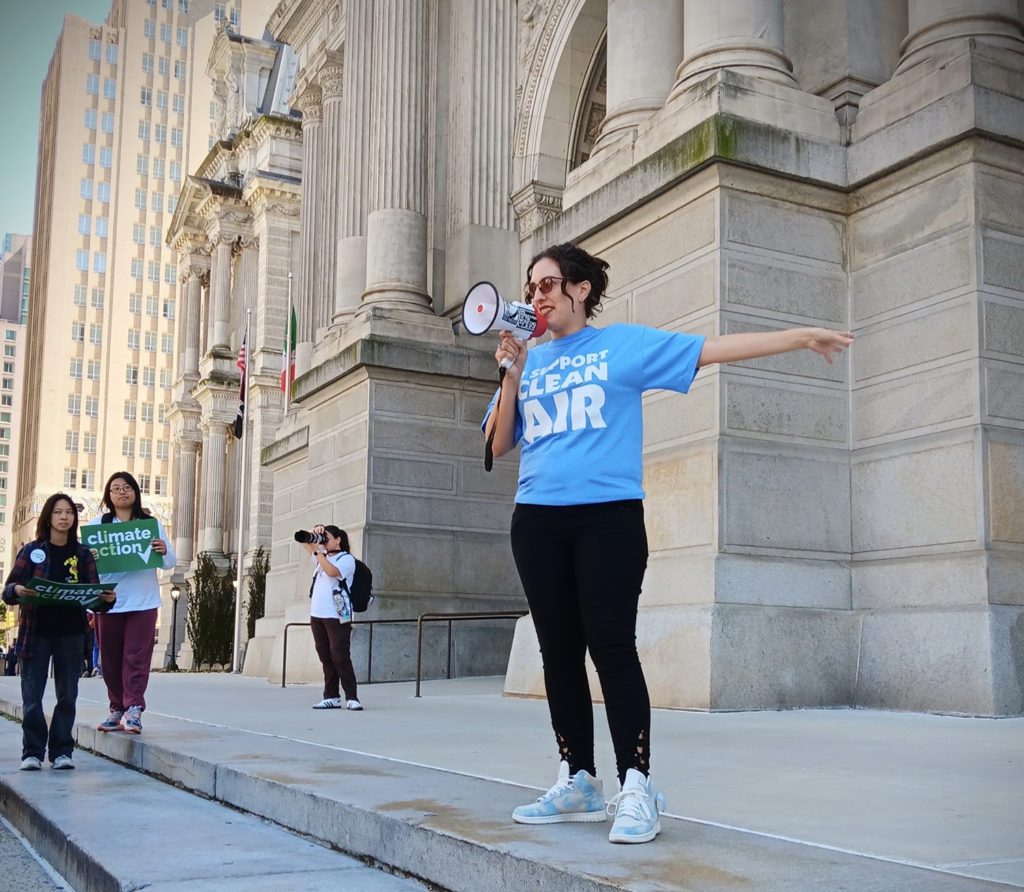
At Clean Air Council, we also keep hope alive by working on long-term, large-scale change while chipping away at smaller issues locally. That helps our neighbors and helps keep us going. When one of us is feeling low on faith, we reach out to colleagues or mentors, who not only remind us to take a break but also:
Change is possible. We can do hard things. But we can’t do them alone.
Lauren Otero, Staff Attorney, Clean Air Council
Liz Green Schultz, Political Director, Clean Air Action

